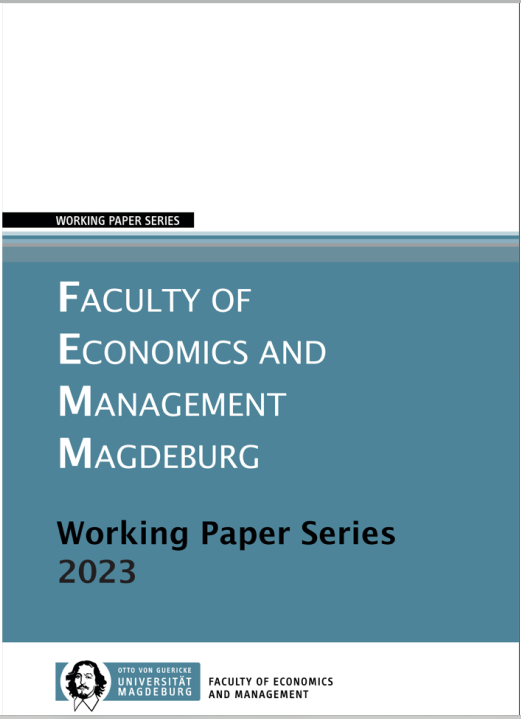Experimental economics for machine learning - a methodological contribution
DOI:
https://doi.org/10.24352/UB.OVGU-2023-104Schlagworte:
lying behavior, lie detection, experiment, technology, machine learningAbstract
In this paper, we investigate how technology has contributed to experimental economics in the past and illustrate how experimental economics can contribute to technological progress in the future. We argue that with machine learning (ML) a new technology is at hand, where for the first time experimental economics can contribute to enabling substantial improvement of technology. At the same time, ML opens up new questions for experimental research because it can generate observations that were previously impossible. To demonstrate this, we focus on algorithms trained to detect lies. Such algorithms are of high relevance for research in economics as they deal with the ability to retrieve otherwise private information. We deduce that most of the commonly applied data sets for the training of lie detection algorithms could be improved by applying the toolbox of experimental economics. To illustrate this, we replicate the “lies in disguise-experiment” (Fischbacher & Föllmi-Heusi, 2013) with a modification regarding monitoring. The modified setup guarantees a certain level of privacy from the experimenter yet allows to record the subjects as they lie to the camera. Our results indicate the same lying behavior as in the original experiment despite monitoring. Yet, our experiment allows for an individual- level analysis and provides a video data set that can be used for lie detection algorithms.
Downloads
Veröffentlicht
Ausgabe
Rubrik
Lizenz
Copyright (c) 2023 Working Paper Series

Dieses Werk steht unter der Lizenz Creative Commons Namensnennung - Weitergabe unter gleichen Bedingungen 4.0 International.

